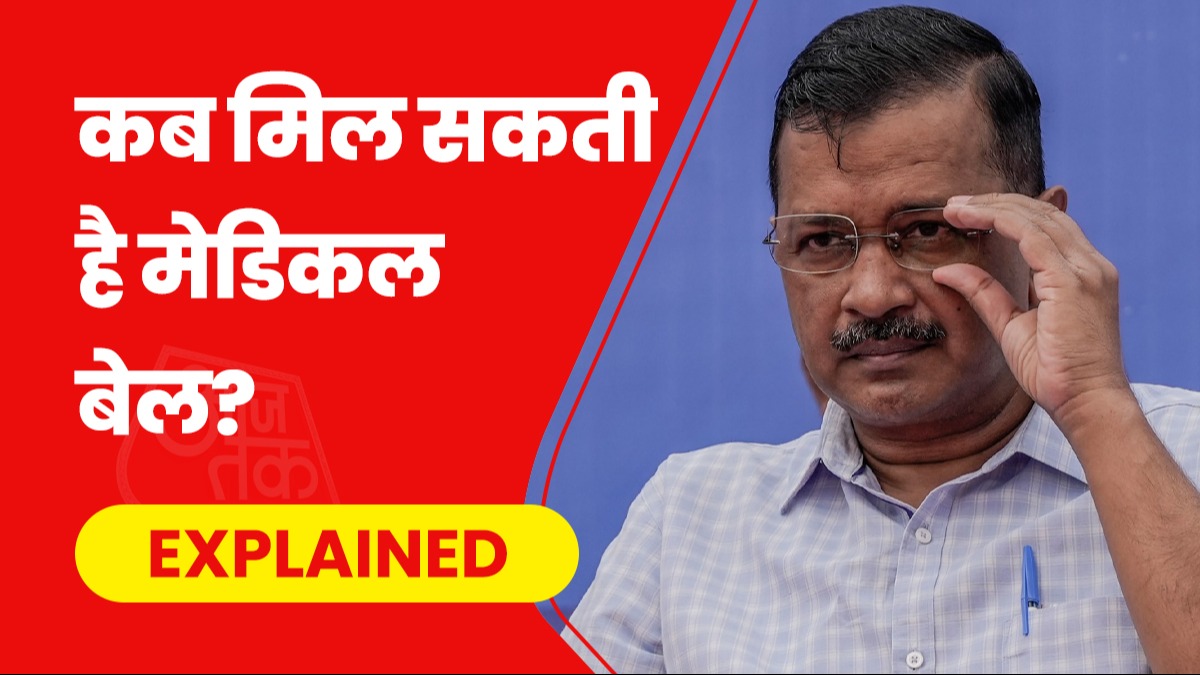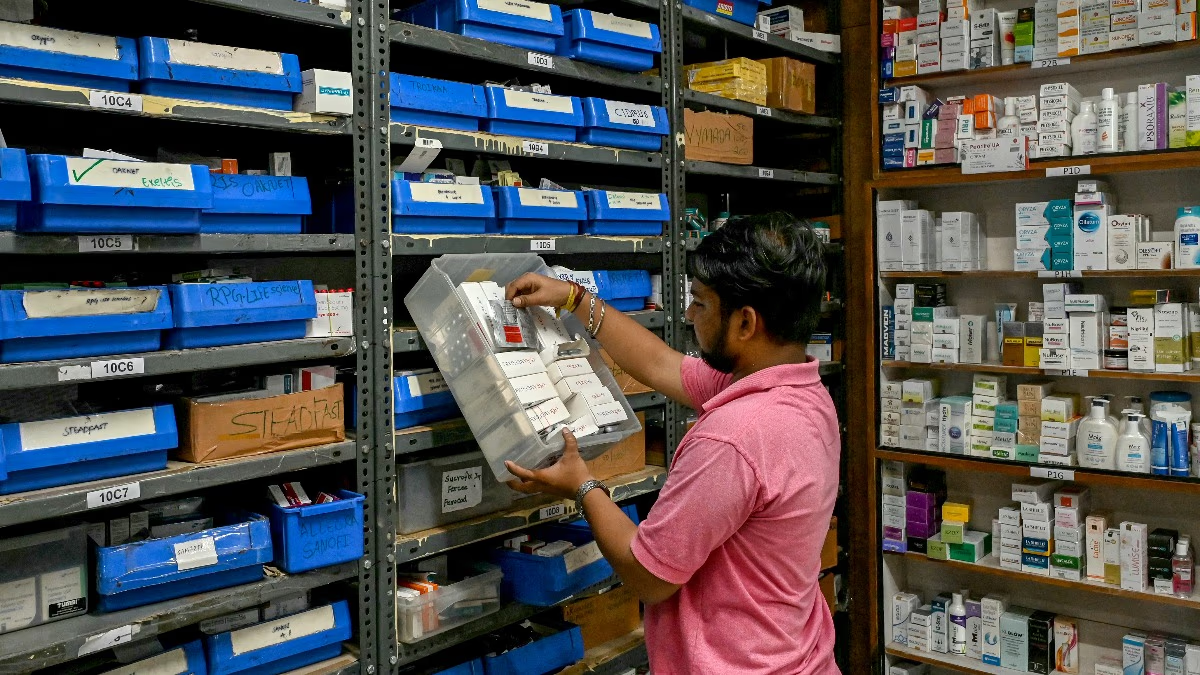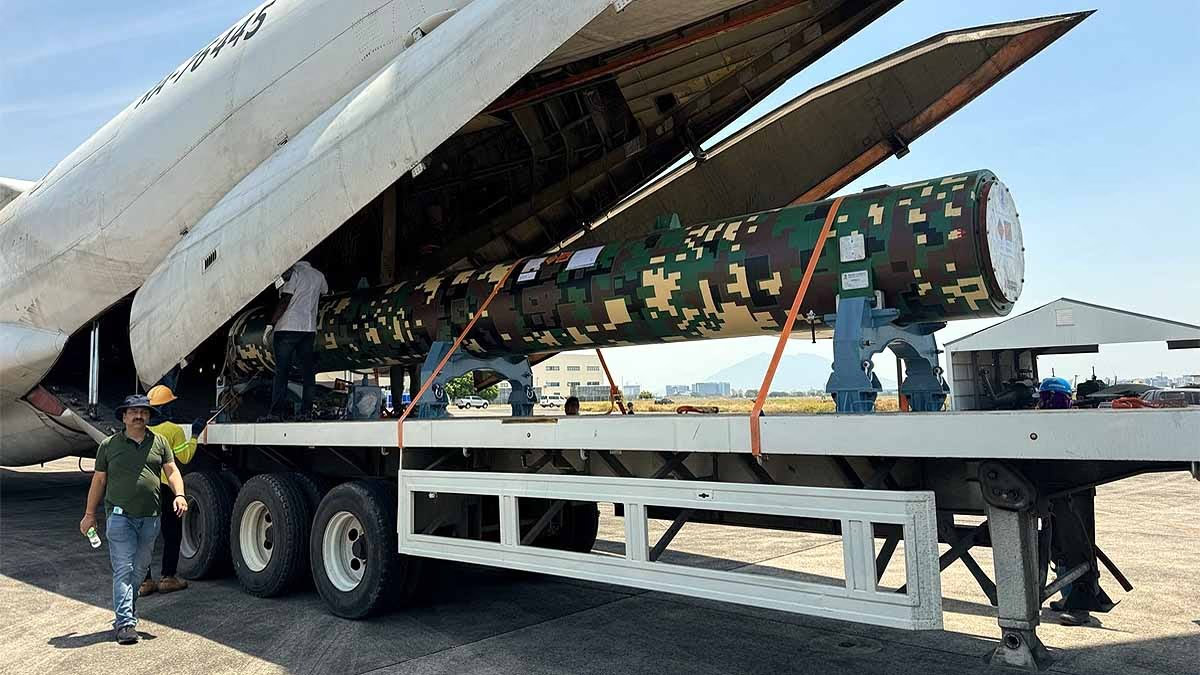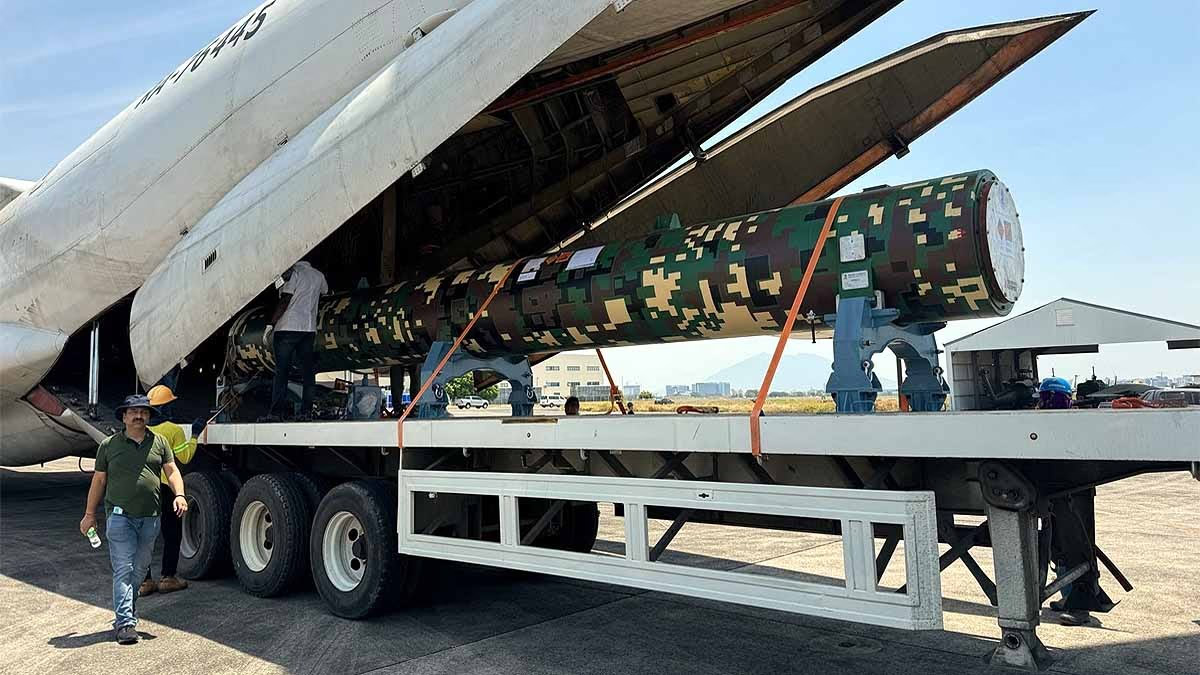There's a heated debate over the dietary habits of Delhi's Chief Minister, Arvind Kejriwal. The Enforcement Directorate (ED) has accused him of intentionally consuming sweets, despite being diabetic, to secure medical bail. Conversely, his party, the Aam Aadmi Party (AAP), is vehemently refuting these allegations, suggesting the ED is purposely broadcasting these statements to disrupt Kejriwal's meals from home and thereby cause him harm through jail food. As it stands, the Special Judge has demanded a comprehensive report on Kejriwal's diet chart from Tihar Jail.
What's New in the Kejriwal Case
AAP leader Aatishi Marlena has accused a conspiracy to halt the delivery of Kejriwal's homemade meals in Tihar, possibly to harm him. Responding to the ED's charge, Aatishi states that Kejriwal is being provided with a doctor-recommended low-calorie sweetener. She also clarified that Kejriwal only consumed 'Puri and Potato' as a part of the Navratri offerings, as prescribed by his doctor.
The ED directly alleges that Kejriwal is receiving a diet from home that could disrupt his sugar levels intentionally, leading him to seek bail on medical grounds.
To understand how feasible bail is for the Chief Minister of Delhi, we sought insights from legal experts.
Senior Advocate Manish Bhadauria
from Karkardooma court explains the circumstances under which bail is granted and when it becomes exceedingly complex.
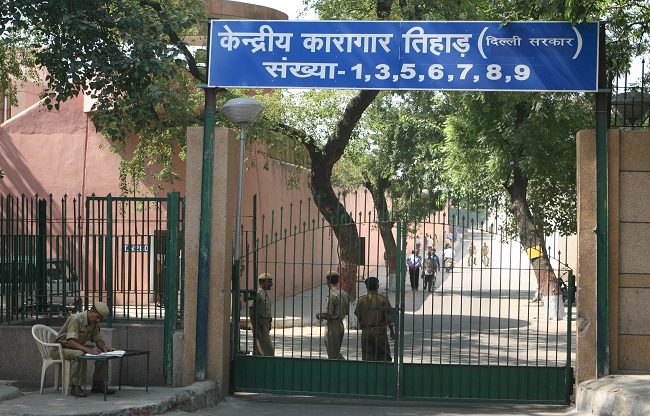
Source: aajtak
Possibilities for Bail
Anyone has the right to request bail, no matter how low or high-profile the individual may be, or the nature of the crime. Usually, bail requests are made for reasons such as a close family member's death, weddings, severe illness, other catastrophic events, medical emergencies, or to relay essential items from a bank locker to the family.
The Different Types of Bail
India primarily has two categories of bail: interim and permanent. Interim bail includes custody bail, which can be applied for if there's an unexpected event and temporary release is necessary. For example, in the event of a death in the family, the accused may be granted bail to attend the funeral. However, this is for a limited duration, with police presence ensured at all times. Offenders also request this type of bail for personal reasons, such as attending their own marriage. For instance, Haryana gangster Sandeep alias Kala Jathedi recently took custody bail for his wedding.
Understanding Permanent Bail
This often begins with interim bail, meaning the judge initially grants a few days to a month's bail to the accused. This duration can be successively extended to become permanent, especially if medical grounds necessitate it. For instance, if it's confirmed that the accused has an incurable illness, the administration may release them under specific conditions for treatment. If the accused's medical condition doesn't improve and their conduct remains appropriate, the judge may grant them permanent bail for the duration of the trial.
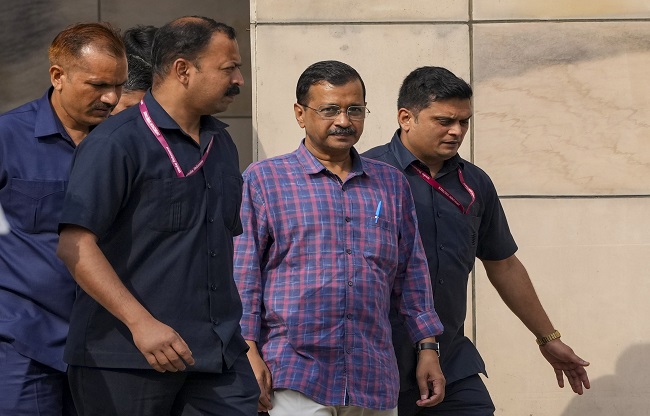
Source: aajtak
The Intricacy surrounding Kejriwal's Case
As a high-profile defendant struggling with diabetes, Kejriwal's lawyer could argue the need for extensive care, which might be impractical in jail. Diabetes is a lifelong ailment, thus potentially paving the way for permanent bail.
Bail Conditions Explained
Apart from technicalities, several factors can impact the ease of acquiring bail and the extent of freedom it entails. For example, the accused shouldn't come anywhere near witnesses, threaten them, or tamper with evidence. A predominant fear concerning bail is the possibility of the defendant fleeing the state or country.
Therefore, courts often require the surrender of passports and mandate regular appearances at a local police station. However, there have been instances where defendants have absconded internationally. Because of this, courts decide the eligibility for bail based on the severity of the case. For grave crimes, such as fraud involving millions, courts make efforts to ensure the accused does not receive bail.
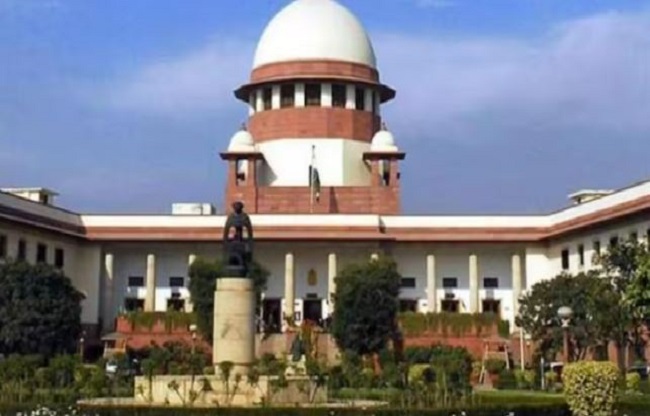
Source: aajtak
The Difficulty in Obtaining Bail
Charges under the Narcotic Drugs and Psychotropic Substances (NDPS) Act and the Unlawful Activities (Prevention) Act (UAPA) make obtaining bail especially challenging. The former pertains to serious offenses like drug trafficking and production, while the latter involves charges of anti-national activities or terrorism. During an ongoing trial for such offenses, rarely does the court entertain pleas for bail. Although medical grounds could serve as an exception, it heavily relies on the judge's discretion. Bail might be granted, or it might not.
Forecasting Outcomes in Kejriwal's Case
To gauge the severity of Kejriwal's diabetes and the level of care required, the court will convene a medical board comprised of doctors from prominent Delhi hospitals. Kejriwal's medical examination will ensue. Subsequently, the team will present their report in court. A separate report will be taken from Tihar Jail. The two reports will be compared to evaluate if the jail's facilities adequately cater to the necessities of a diabetic patient, and if not, the court may grant Kejriwal bail on medical grounds.
